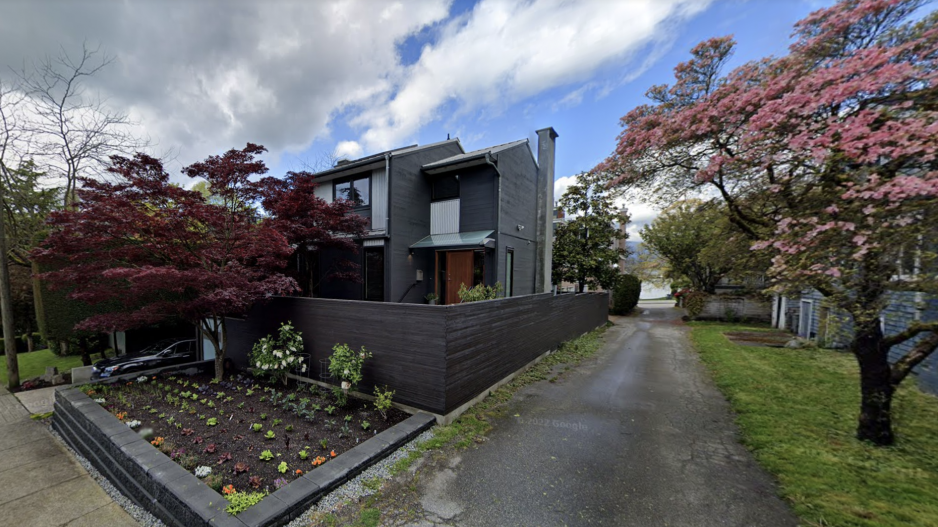The U.S. Securities and Exchange Commission (SEC) can proceed with an injunction to freeze assets belonging to at least five B.C. residents alleged to have committed over $1 billion in stock market fraud.
On March 21, Supreme Court of B.C. judge Amy D. Francis granted the SEC a Mareva injunction to prevent the B.C. defendants from dispersing their assets.
The SEC brought the claim against Zhiying Yvonne Gasarch, Courtney Kelln, Mike K. Veldhuis, Paul Sexton, Jackson T. Friesen, Graham R. Taylor and Fred Sharp. However, Taylor and Sharp were not part of the ruling due to scheduling conflicts and will face a likewise hearing later this year.
The SEC allegations involve a complex, international plan to defraud American investors by illegally trading shares in hundreds of junior public-traded companies via offshore entities between 2011 and 2019.
In May 2022, federal Massachusetts District Court Judge William G. Young entered a default judgment against Sharp, who the SEC called the “mastermind” of the alleged scheme, for failing to respond to the claim. The others contend they are innocent ahead of a U.S. court hearing.
The SEC seeks close to $41 million in assets and about $13.5 million in total pre-judgement interest from the defendants, excluding Taylor and Sharp. Sexton alone accounts for $20.5 million of the total $54.5 million being sought.
The defendants are already subject to a preservation order by the B.C. Securities Commission, which has frozen 114 trading accounts worth about $28.9 million.
As such, the SEC argued there is a shortfall and asked the court for freeze orders on an $8.5-million Lake Country home owned by Sexton and a $3.1-million Vancouver home owned by Friesen. The commission is also seeking to freeze vehicles belonging to the others.
The SEC, represented by securities lawyer David E. Gruber, also previously sought a court order for the defendants to provide it with a sworn statement disclosing all of their assets, including any that are beneficially owned under a nominee or jointly with another person — acknowledging it does not have a firm grasp of all the assets belonging to the defendants. The SEC has not targeted Sharp’s home in West Vancouver.
Friesen, represented by securities lawyers Owais Ahmed and Tricia Milne, and the four others, represented by criminal defence lawyer Greg Del Bigio, argued the SEC had no jurisdiction to impose an injunction and evoked Charter, and U.S. Fifth Amendment claims.
Francis ruled that the court did have jurisdiction in aid of a foreign proceeding and that the Fifth Amendment, which is the right not to self-incriminate, does not apply in civil cases. Francis also ruled the BCSC was within its rights to impose preservation orders under the B.C. Securities Act, despite unsubstantiated claims it was accomplished without a warrant. Francis found the defendants did not put forth sufficient evidence their Charter rights had been violated.
On the other hand, Francis found the SEC had provided enough first impression evidence that a fraud had occurred and that “the alleged fraudulent activities of the defendants give rise to a risk of dissipation.”
The alleged fraud is substantial, involving over 100 U.S. junior (“penny stock”) companies. According to the claims, it appears to have been primarily orchestrated from Vancouver, with the assistance of B.C. law firms.
Sharp, a former Vancouver lawyer, was issued a US$24-million civil penalty and found liable for repayment of US$21.8 million plus US$7.2 million in interest. He has denied the SEC’s allegations in response to a notice of civil claim.
The enterprise, known as the “Sharp Group,” allegedly used an array of offshore shell companies to conceal the identities of clients involved with promoting U.S.-listed companies, thus helping them avoid disclosure requirements as they fraudulently manipulated the price of the stocks in “pump and dump schemes,” noted the commission.
The group is also accused of conducting stock transfers and money transmittals via an encrypted communications network as part of their service. Sharp allegedly called the network “Q,” dubbed himself Bond and Gasarch “Wires,” according to the commission’s preliminary evidence. Fraudulent documents used to evade gatekeepers at brokerage firms also factor into the allegations.
The SEC claims that Taylor, Veldhuis, Sexton and Friesen were some of the Sharp Group’s “most significant” clients, collectively accounting for over $140 million in illegal stock sales.
Sharp is also engaged in a complex and longstanding constitutional challenge against the Canada Revenue Agency, which is investigating his offshore tax arrangements. The CRA made a criminal referral in 2013, alleging Sharp’s business, Corporate House Group of Companies (Corporate House), was involved in a complex tax evasion scheme. In 2016, Corporate House arrangements were revealed in the Panama Papers leak.
Sharp, Kelln and Gasarch face criminal charges in the U.S. related to the SEC claims.




